Results
-
 £59.99
£59.99Marching Blues (Brass Band - Score and Parts)
Marching Blues was written in the blues and swing-jazz style of the great big bands. It is an ideal show march that can be used for encores, popular performances, family concerts and much more. As an added entertaining feature why not get your Eb bass player to stand for his/her 28-bar solo! From small ensembles to large bands, Marching Blues will bring great joy to all generations of performers and audiences on many occasions. 04:00
Estimated dispatch 7-14 working days
-
 £54.99
£54.99Pre-Pop (Brass Band - Score and Parts)
Pre-Pop is has is a five-movement work composed for beginner bands and can be played with a minimum of four players (+ percussion). It is of course also suitable for a full beginner band. The five contrasting movements are titled: March of the Planets, Lonely Stranger, Pagode, Lost in the World and Hot Pepper Boogie. Your players are certain to enjoy playing this work of great contrasts.
Estimated dispatch 7-14 working days
-
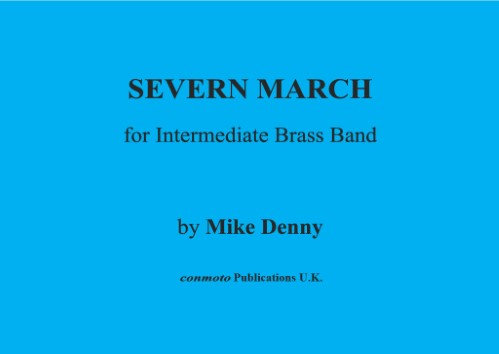 £8.50
£8.50SEVERN MARCH (score) - Denny, Mike
Parts included for Brass Band Brass, Orchestral Brass, Percussion & Flute
In Stock: Estimated dispatch 1-3 working days
-
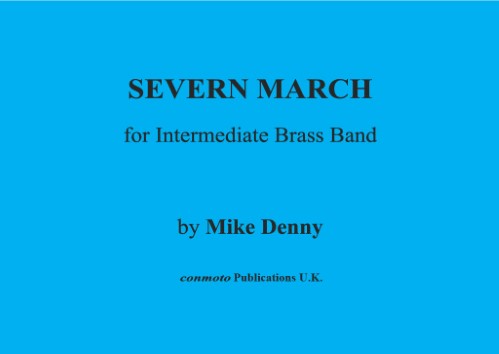 £27.50
£27.50SEVERN MARCH (score & parts) - Denny, Mike
Parts included for Brass Band Brass, Orchestral Brass, Percussion & Flute
In Stock: Estimated dispatch 1-3 working days
-
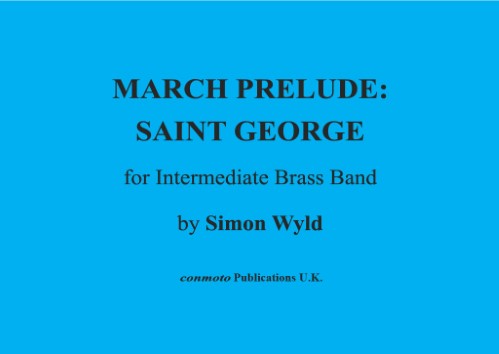 £8.50
£8.50MARCH PRELUDE: ST. GEORGE (score) - Wyld, Simon
Parts included for Brass Band Brass, Orchestral Brass, Percussion & Flute
In Stock: Estimated dispatch 1-3 working days
-
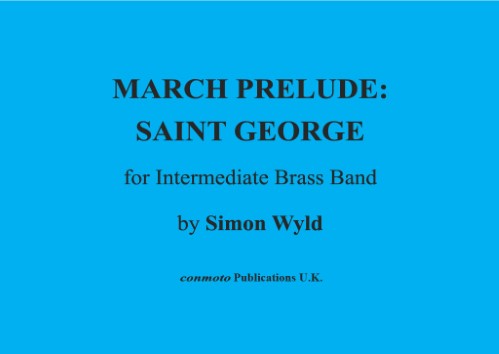 £27.50
£27.50MARCH PRELUDE: ST. GEORGE (score & parts) - Wyld, Simon
Parts included for Brass Band Brass, Orchestral Brass, Percussion & Flute
In Stock: Estimated dispatch 1-3 working days
-
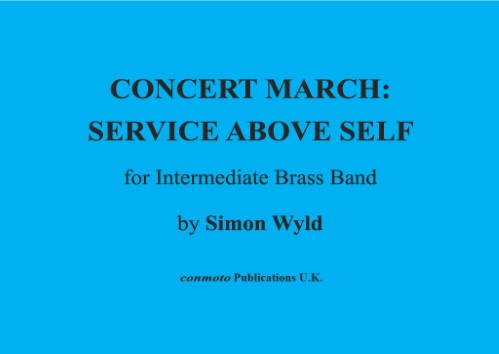 £8.50
£8.50CONCERT MARCH: SERVICE ABOVE SELF (score) - Wyld, Simon
Parts included for Brass Band Brass, Orchestral Brass, Percussion & Flute
In Stock: Estimated dispatch 1-3 working days
-
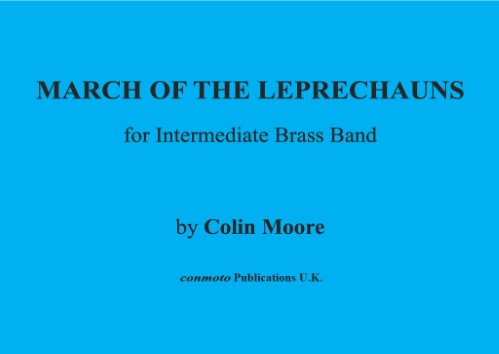 £8.50
£8.50MARCH OF THE LEPRECHAUNS (score) - Moore, Colin (1925-2019)
Parts included for Brass Band Brass, Orchestral Brass, Percussion & Flute
In Stock: Estimated dispatch 1-3 working days
-
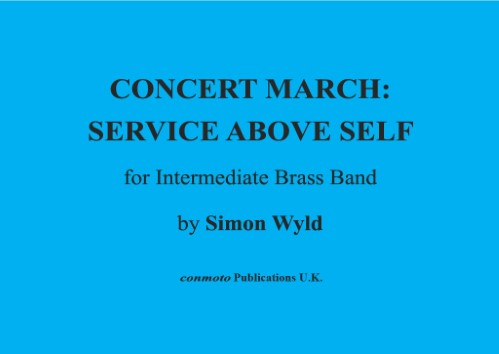 £27.50
£27.50CONCERT MARCH: SERVICE ABOVE SELF (score & parts) - Wyld, Simon
Parts included for Brass Band Brass, Orchestral Brass, Percussion & Flute
In Stock: Estimated dispatch 1-3 working days
-
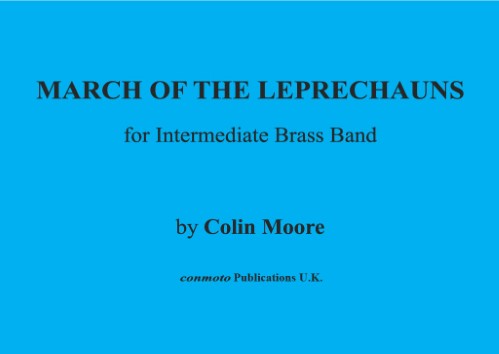 £27.50
£27.50MARCH OF THE LEPRECHAUNS (score & parts) - Moore, Colin (1925-2019)
Parts included for Brass Band Brass, Orchestral Brass, Percussion & Flute
In Stock: Estimated dispatch 1-3 working days
